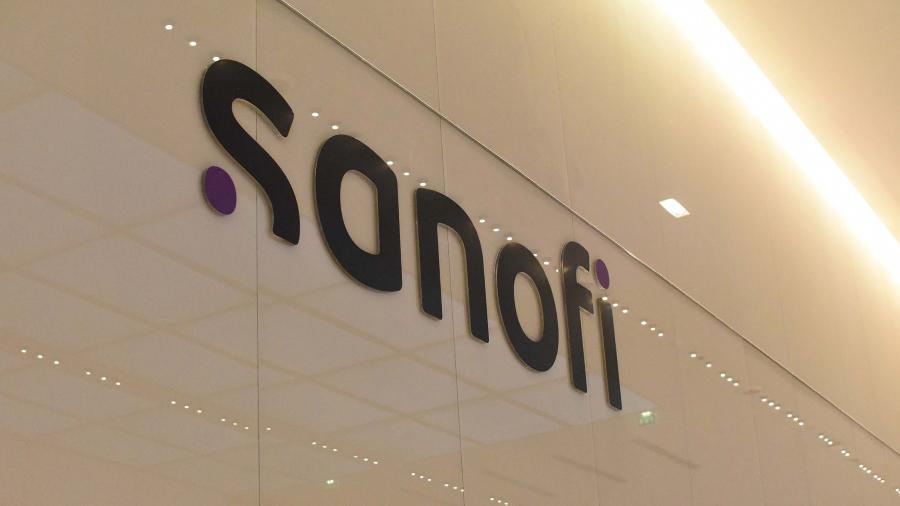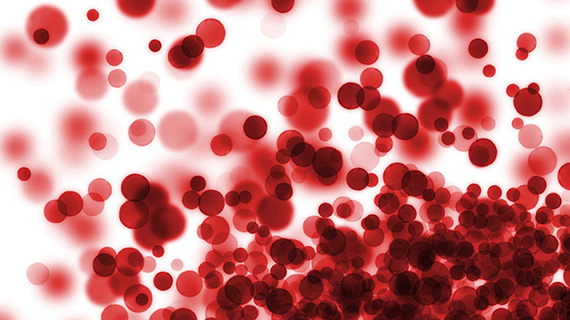Sanofi drops BTK drug tolebrutinib in myasthenia gravis

Sanofi is still plugging away with its oral BTK inhibitor tolebrutinib in multiple sclerosis, but has decided to abandon efforts to develop the drug for neuromuscular disorder myasthenia gravis.
In its fourth-quarter results update, Sanofi said it had discontinued the phase 3 URSA trial of tolebrutinib in patients with moderate-to-severe myasthenia gravis, but stressed the decision was taken for commercial reasons in light of the "emerging competitive treatment landscape" for the disease.
Last year, the FDA placed a partial clinical hold on tolebrutinib phase 3 trials in MS and myasthenia gravis after cases of drug-induced liver injury were observed, with recruitment of new studies placed on hold.
Sanofi subsequently said that all the cases were seen in patients with pre-disposing conditions that made them vulnerable to this sort of reaction, and revised the protocol for the studies to exclude them, allowing recruitment to resume.
Myasthenia gravis is a serious, rare, and chronic neuromuscular autoimmune disease that can cause debilitating and potentially life-threatening muscle weakness. There are around 60,000 to 120,000 people living with the condition in Europe, versus around a million with MS, so it is much less common.
Tolebrutinib remains in two phase 3 studies in relapsing MS (GEMINI I and II) as well as non-relapsing forms of the disease (HERCULES and PERSEUS), which are due to generate results towards the end of 2023 or the start of next year, ahead of filings later in 2024.
Sanofi confirmed today it has now completed recruitment in HERCULES, its US study in non-relapsing, secondary progressive MS, where there is the highest need for new therapies, adding that it is still enrolling patients in the ex-US PERSEUS trial in primary progressive MS.
Tolebrutinib is one of three clinical-stage BTK inhibitor candidates that Sanofi acquired with the Principia takeover in 2020, and the second to suffer a setback after rilzabrutinib failed a trial involving patients with rare autoimmune skin disorder pemphigus in September 2021.
Sanofi's decision to end development of the drug in myasthenia gravis may lie in the changing landscape of therapies for the disease, including the approval of Argenx' neonatal FC receptor (FcRn) antibody Vyvgart (efgartigimod alfa).
The drug is currently available as an intravenous therapy, but a subcutaneous version which could be administered by patients at home has been filed with the FDA, and is predicted to become a $2 billion blockbuster if approved.
Meanwhile, subcutaneous FcRn therapies from UCB and Johnson & Johnson are in late-stage development, and AstraZeneca/Alexion is developing a subcutaneous form of its well-established therapy Ultomiris (ravulizumab).
The rationale for targeting BTK is that it allows selective inhibition of the auto-reactive B cells that are behind the pathologies of MS, myasthenia gravis and other autoimmune disorders.
That could give the drugs an advantage over CD20-targeting therapies like Roche's Ocrevus (ocrelizumab), which inhibit B cells across the board, leaving patients prone to infections and other side effects. Antibodies like Ocrevus also struggle to penetrate the CNS and hit MS at the site of the problem.












